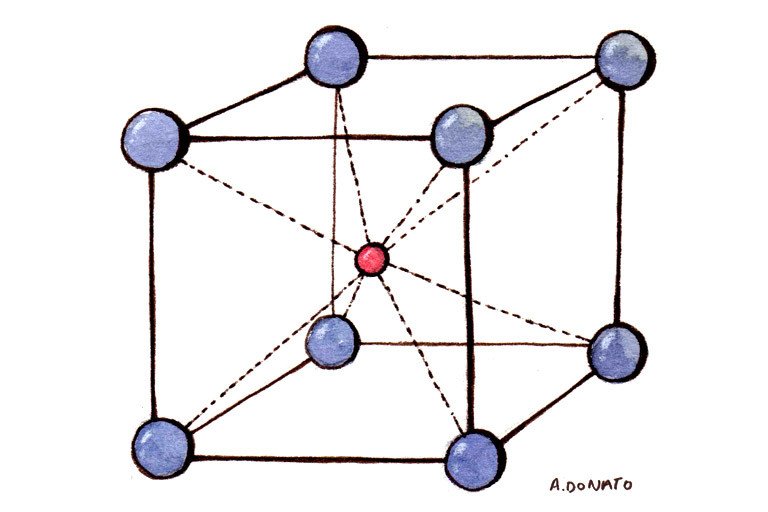
Common Names
- High pH therapy
For Patients & Caregivers
Tell your healthcare providers about any dietary supplements you’re taking, such as herbs, vitamins, minerals, and natural or home remedies. This will help them manage your care and keep you safe.
What is it?
There is no evidence to support use of cesium chloride as a cancer treatment.
Cesium chloride is promoted as an alternative cancer treatment. Supporters claim that cesium neutralizes toxins produced by tumor cells and prevents them from dividing. There is no scientific evidence to support these claims. Cesium taken orally is known to cause diarrhea, nausea, loss of potassium, and irregular heartbeat.
What are the potential uses and benefits?
- Cancer treatment
A case series of patients with metastatic cancers showed that only half of patients who used a cesium-based regimen survived after 1 year. In addition, one-quarter died within the first 2 weeks, suggesting the treatment is highly toxic.
What are the side effects?
The following adverse effects have occurred in several cancer patients after treatment with cesium chloride:
- Irregular heartbeat
- Heart rhythm disorder
- Fainting
- Low potassium levels
- Urinary potassium wasting
- Seizure, death
What else do I need to know?
Patient Warnings:
- The US Food and Drug Administration classified cesium chloride as a "bulk drug substance" that poses a significant safety risk in compounding medications. It also issued a warning to avoid using dietary supplements containing cesium chloride or any other cesium salt due to significant safety risks, including heart toxicity and potential death.
Do Not Take if:
- You are taking corticosteroids: Both cesium and corticosteroids cause loss of potassium and the combined effects may be serious.
- You taking certain diuretics: The combination of cesium and diuretics may severely reduce serum potassium levels.
For Healthcare Professionals
Clinical Summary
Cesium is an alkali metal, the radioactive isotope (Cesium 137) of which is employed in radiation therapy. Cesium chloride, a non-radioactive salt, is promoted as an alternative cancer treatment. Also known as “high pH therapy,” it is based on findings that cancer cells have an affinity for cesium ions (1). Proponents claim that elevated cellular pH following cesium uptake prevents cancer cell division and neutralizes toxins, but there are no data to substantiate these claims. In a case series, only half of patients with terminal cancer who used a cesium-based regimen survived after 1 year, and one-quarter died within the first 2 weeks, suggesting the treatment is highly toxic (2).
Reported adverse effects of cesium chloride intake include syncope, hypokalemia, diarrhea, and ventricular tachycardia with prolonged QT interval (3) (4).
Purported Uses and Benefits
- Cancer treatment
Mechanism of Action
Proponents of cesium chloride therapy claim that it exerts antitumor effects by increasing the intracellular pH of tumor cells. The resulting alkaline environment is thought to prevent cancer cells from undergoing mitosis eventually resulting in cell death. Cesium causes hypokalemia by inhibiting potassium channels used for absorption of dietary potassium and for re-absorption of renal potassium. Cesium may also cause hypokalemia indirectly via loss of potassium due to repetitive diarrhea (5). Intravenous administration of cesium has been shown to cause arrhythmias in animal models (4).
Warnings
- The US Food and Drug Administration classified cesium chloride as a “bulk drug substance” that poses a significant safety risk in compounding medications (13). It also issued a warning to avoid using dietary supplements containing cesium chloride or any other cesium salt due to significant safety risks, including heart toxicity and potential death (14).
Adverse Reactions
Herb-Drug Interactions
Cesium use causes hypokalemia, which may be exacerbated when taken with drugs such as diuretics and corticosteroids that reduce serum potassium levels (2).